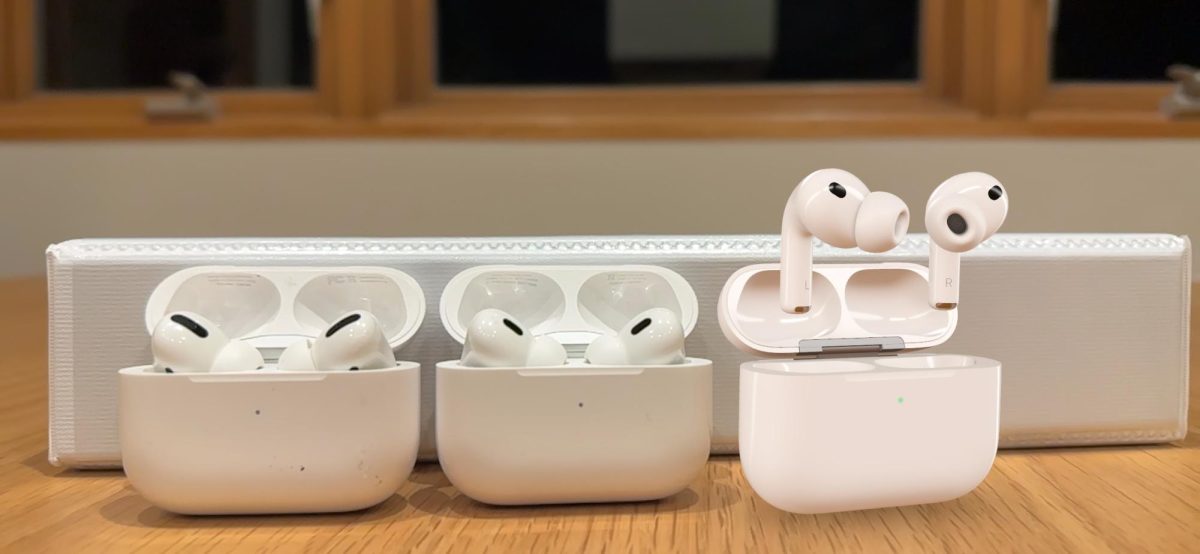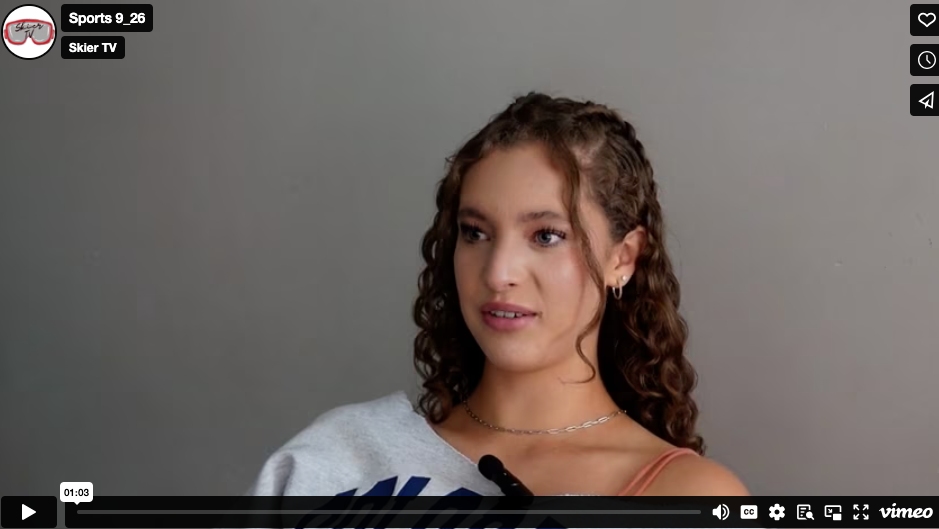The average attention span of a human is shorter than a goldfish, according to Your Teen for Parents. Various students have difficulties engaging in one thing for an extended period, and the ability to focus slowly degrades among teenagers.
According to The Treetop Therapy, the average human attention span is 8.25 seconds, and the attention span has decreased by about 25% from the year 2000 to 2015, meaning that the attention span in 2000 was about 12 seconds. We can partially blame this on social media. Scrolling through TikTok, Instagram, Snapchat, playing video games, etc., has taken up much of our time.
Some students dove deeper into this topic and thought of some possibilities on why teens have shorter attention spans. Story Rondeau is a Senior at AHS.
“When I was younger, I used to watch hour-long YouTube videos and not get bored; now, when I scroll through TikTok, I start to get bored while watching a 15-second video,” Rondeau said.
Our technology gives us everything we want to know at the touch of a button. Search engines allow people to access information within a few seconds easily. Social media fuels our brains whenever we feel it necessary. So when a person is off their phone and has to focus on something, such as somebody talking to them or working on a project, it is easily sidetracked because it takes more time and effort than quickly looking at something on their phone.
Haylen GonzalezPita, an AHS science teacher, describes why most teachers are stern about using the phone pockets because it takes away from learning time.
“Cell phones and social media’s purpose is to hone in on what distracts people, so there is no way I am going to win a student’s attention between me and what is on their phone.”
Other than social media, some other aspects contribute to attention loss. Not getting enough sleep can broadly impact how long our brains process information. When students do not get the recommended 8-10 hours of sleep, according to the National Heart, Lung, and Blood Institute, it discourages the body from wanting to do a task, especially if they are not emotionally engaged.
If a person is unwilling to participate in a task, it is harder to complete it successfully. This relates to why students might lose attention or start going off task while in a lecture.
A teacher at AHS, Kate Korn, stated, “It depends on how you interact with students in your lessons; if you are just standing up and lecturing, you will probably notice a lack of attention.”
On the other hand, students will stay occupied longer when they are interested in an assignment. Gracen Rogers is a Senior at AHS.
“I notice that classes I am interested in and apply to my everyday life are much easier to focus on for a longer time, rather than classes I do not find as interesting,” Rogers stated.
As a school, we need to consider the amount of attention students/staff have and link it to the ability to get work done efficiently and effectively.
“From my perspective, if I am bored with what we do in class, the students will also be bored. So if I am engaged while teaching, I know that students are more likely to be engaged,” said GonzalezPita.
Students have expressed ways teachers can help prepare kids for their class. If students agree to try their best to focus when appropriate throughout lectures or quiet work, starting the period with a few minutes of free time, whether it is to take a few deep breaths, socialize with peers, or get out their supplies, would be beneficial to the rest of class time. Building a trusting relationship between teachers and students to respect their hopes for a few minutes of free time at the beginning of each class will fuel the expectation to stay focused throughout the rest of the class.
Only time will tell what is going to happen with the development of attention span and how technology will affect our generation and those to come. This concept leaves some nervous for the future. Jessica Vesey, a Senior at AHS, feels this, “If iPhones have only been around for 16 years and the human attention span is already decreasing, it is scary to think about what the next generation is going to be like.” We can aid this rapid issue by taking some time to debrief throughout the day and taking our focus off of technology.





























